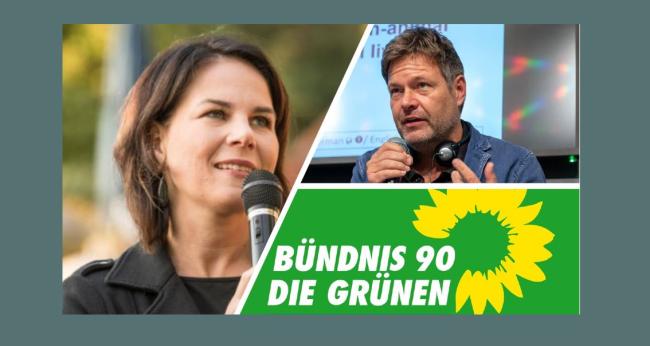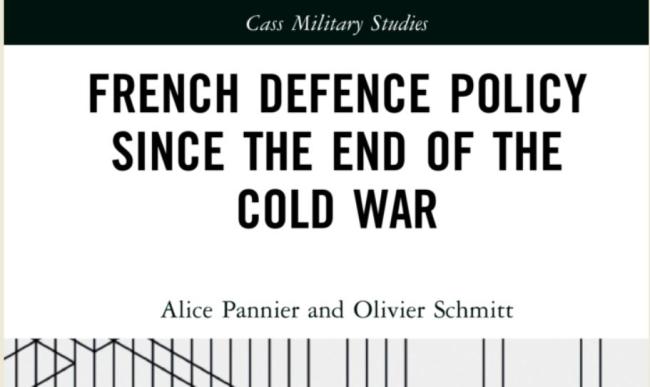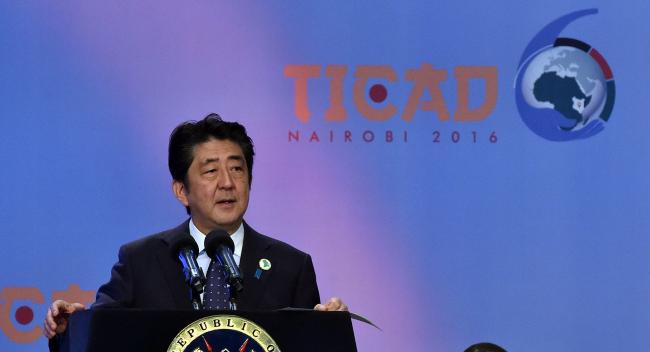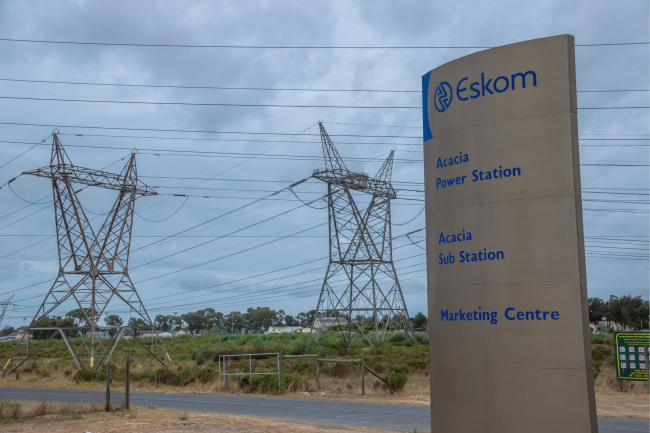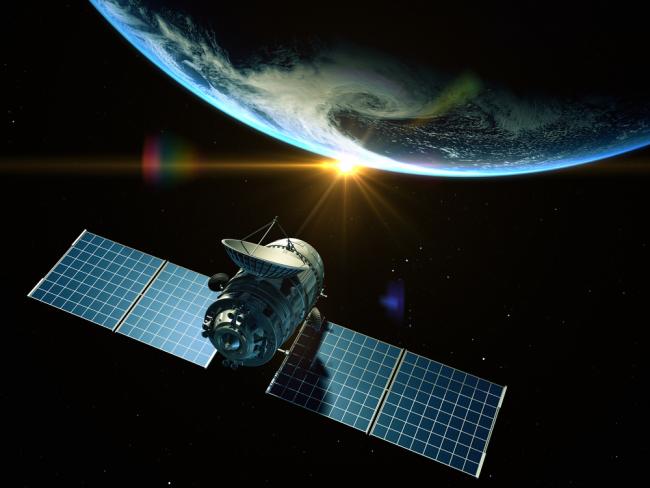3262 publications
The German Green Party, a new People's Party?
In the context of increasing awareness of the climate crisis, environmental parties across the EU obtained high scores in the European elections of May 2019, reaching 20% in Germany, 17% in Ireland, 16% in Finland and 13 % in France. Meanwhile, far-right parties gained strength.
Russia’s Space Policy: The Path of Decline?
With the advent of New Space, Russia is engaged in a race against time to preserve one of its major industrial assets.
French Defence Policy Since the End of the Cold War
With a look at evolutions over the past three decades, the thematic chapters cover French defense institutions and civil-military relations, the transformation of armed forces, nuclear deterrence, the defense industry, military interventions, and alliances.
Japan’s Economic Diplomacy in Africa: Between Strategic Priorities and Local Realities
During his term in office (2012-2020), Prime Minister Shinzo Abe sought to demonstrate Japan's high level of interest in Africa, including by pledging a total of $ 60 billion in financial support at the 2013 and 2016 Tokyo International Conference on African Development (TICAD) summits and announcing his vision for a “Free and Open Indo-Pacific” (FOIP) at the TICAD-VI in Nairobi.
Improving Economic Security: Proposals from Japan
The COVID-19 crisis has made clear the importance of resilient supply chains and effective economic security.
South Africa’s Energy Policies: Are Changes Finally Coming?
Energy and electricity policy, planning and regulation in South Africa has been slow and bureaucratic, lacking visionary leadership, and marred by uncertainty. Policy positions and actions taken have tended to be reactive, and driven more by crisis management than by forward-looking leadership.
Europe in the World: for a Modest and Effective Reform
This sad year ends with a pandemic that continues in full swing over a large part of the planet, especially in the United States and Europe, with no other reassuring prospect than that of one or more vaccines, which is already a lot. But that’s not the subject I want to focus on in this eighth letter, the last one for 2020. Internationally, two other facts have dominated the scene in recent months.
Space as a Key Element of Europe's Digital Sovereignty
At the end of year 2020, the European space sector finds itself at a crossroads between challenges and opportunities. While the 2019 European Space Agency (ESA) Ministerial Conference marked a progression in terms of budgets, a sign of renewed space ambitions, the technological and financial acceleration from the United States represents a disruptive scenario that poses threats to the continuity of European space capabilities.





